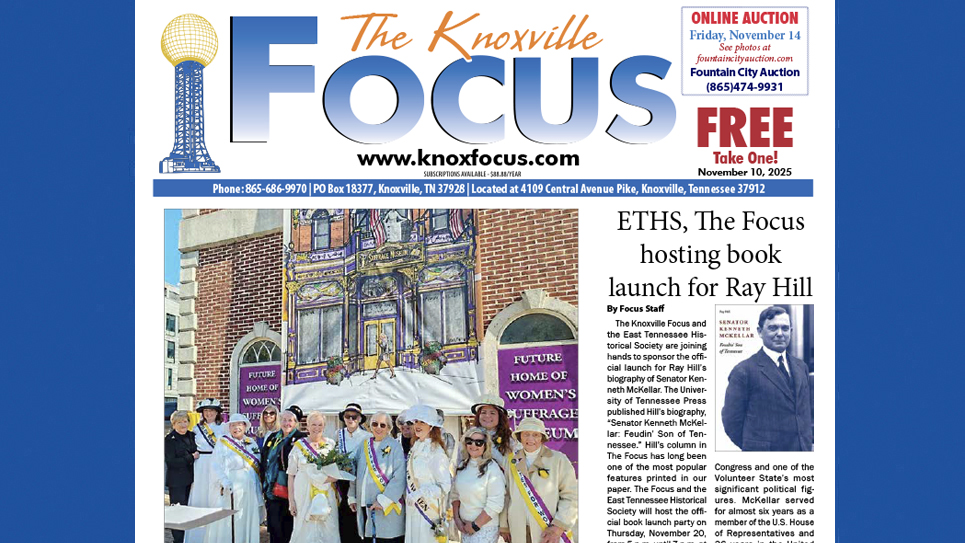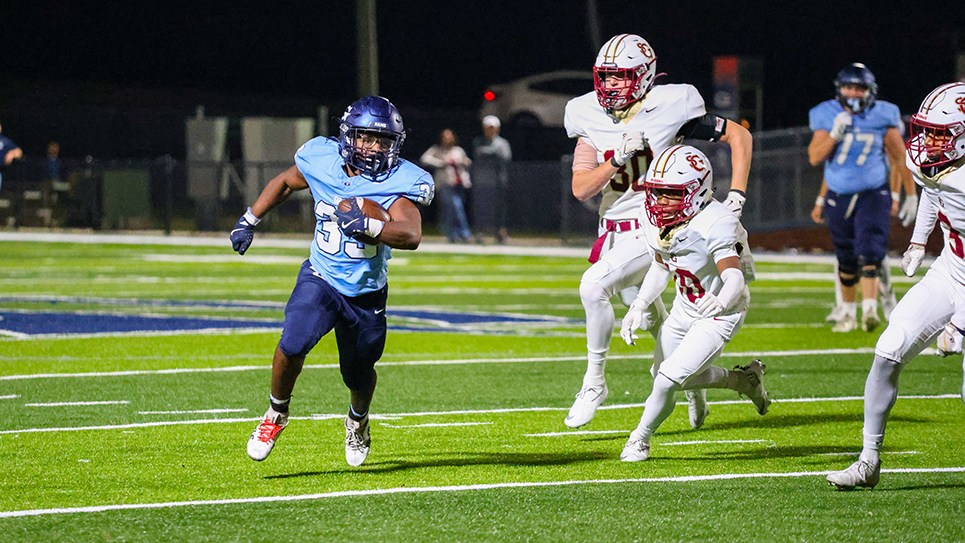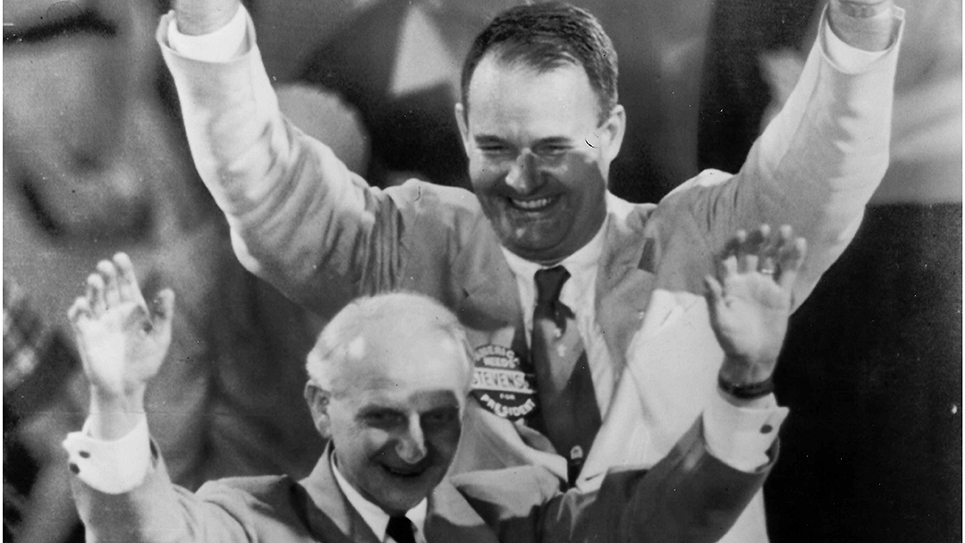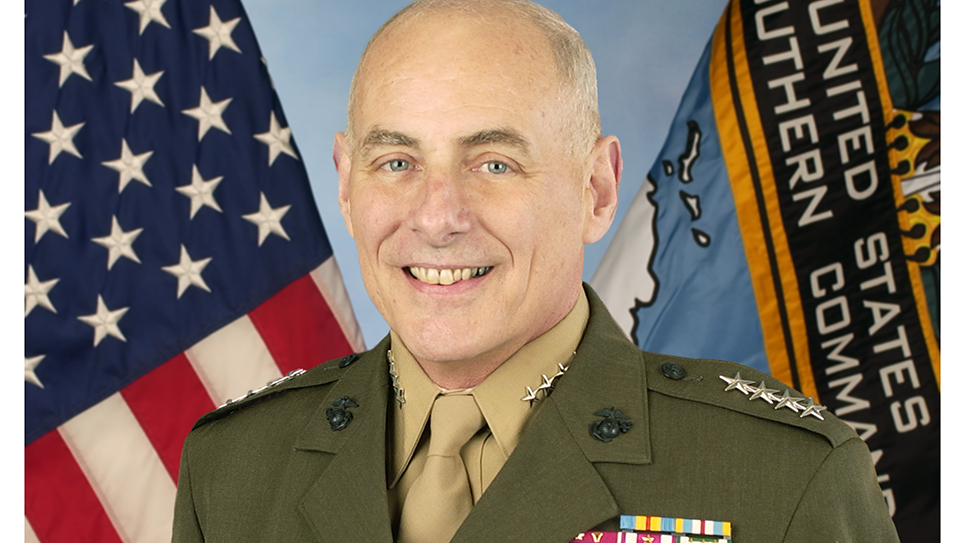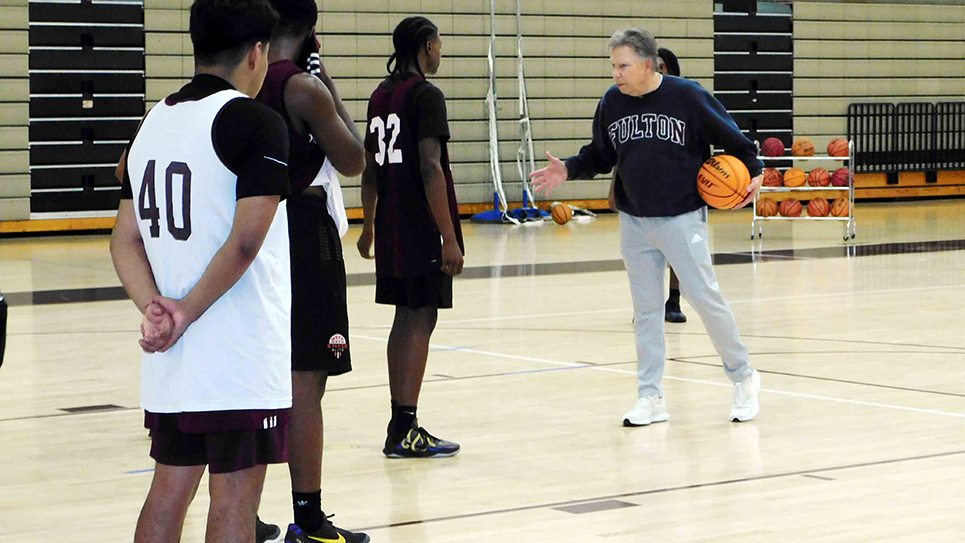baseball Fans Either Love Or Hate The Yankees
By John J. Duncan Jr.
Ben Affleck, a famous movie star, grew up rooting for the Boston Red Sox. He is quoted on the Yankeeshater.com website as saying “I would rather utter the words ‘I worship you, Satan’ than (to say) ‘My favorite baseball team is the New York Yankees.’”
These words are quoted in the first chapter of a book called “Damn Yankees,” which is a collection of columns or articles by 24 well-known writers telling about their love/hate relationship with this famous baseball team.
The first chapter, “I have feelings for the Yankees,” is by Roy Blount Jr. and he says the Yankees are his favorite team.
In the book, some of the articles are by writers who love the Yankees and some are by writers who hate them. Blount asks, “Is there no middle ground?” and there does not seem to be.
As I wrote in my book, I spent 5½ seasons as a batboy for the Knoxville Smokies. During those years, Knoxville was a farm team for the Baltimore Orioles and then the Detroit Tigers. I was the public address announcer my freshman year at U.T. for the 1966 season.
Because many players went from the Smokies to the Orioles and the Tigers, I rooted for those teams in the American League. I was never a Yankees fan.
In fact, when I found out that one of our neighbors at our lake house in Bean Station was a Yankees fan, I asked him how in the world that could have happened. He blamed it on his Dad.
Baseball was much bigger and better when I was growing up. It was much more popular than pro-football then. There were only 16 major league teams (30 now) and players stayed longer with the same team. It was much easier to keep up with teams and their players.
Even though I never rooted for the Yankees, they were in the World Series so often, I can tell you the names of most of their players during the late 50s and early 60s.
Casey Stengel managed the Yankees for 12 years from 1949-1960. During those seasons, the team was in the World Series ten times and won seven of those championships.
When I was 12, the World Series was HUGE, even though it was played during the day and only on black and white TV. I snuck a small transistor radio into study hall at Holston to listen to part of one of the games.
Bob Knisley, by far the biggest teacher at our school, came rushing toward me with a very angry look on his face. I thought I was in big trouble. Then he said in a very stern voice: “What’s the score?!”
Because of my association with minor league baseball, I was fascinated to read in the Roy Blount article that he grew up watching the Atlanta Crackers and that their ballpark actually had a giant magnolia tree in center field.
The tree was in play, but it was 462 feet from home plate, and only Eddie Matthews, who later was a star player for the Braves, hit a home run over it as an 18-year-old in 1950.
Atlanta built a new stadium in 1966 to get the Braves and major league baseball. You can still see the center field magnolia tree on YouTube.
A few weeks ago, I went to Cincinnati to see a Reds-Cardinals game with my two brothers-in-law, Bob Winter and Lynn Strange, and my wife’s cousin, Frank Draper. I mentioned that almost no pitchers pitched a full nine-inning game anymore. I looked it up and found that last season, only 7/10 of one percent were games where a complete game was pitched.
A few days later, I was reading a book called “Our Team” about the Cleveland Indians of the late 1940s. This was a book about Bill Veeck, Larry Doby, Bob Feller, and Satchel Paige – all very famous baseball names.
The book said in 1946, Feller started 42 games as pitcher and completed 36 of them. In the last week of the season, to break the major league strikeout record, he pitched three complete games in six days, along with one five-inning relief job.
With the sissified, overpaid players of today, a pitcher is paid many millions if he can last for six or seven innings every fifth day.
In the summers of 1967 and 1968, I worked for the Nixon For President Committee in Washington, and I started in law school at George Washington University in 1969.
I became a big fan of the Washington Senators and even attended their last home game in 1971 before they moved and became the Texas Rangers.
The Senators were almost always bad, and there was a famous old saying – “Washington – first in war, first in peace, last in the American League.”
In another story from “Damn Yankees,” Steve Rushin wrote that Mickey Mantle, who had a reputation as a big drinker and womanizer, once “joked that he would be turned away at the Pearly Gates, only to be called back by St. Peter, who would tell him: ‘God wants to know if you’d sign these six dozen baseballs.’”

